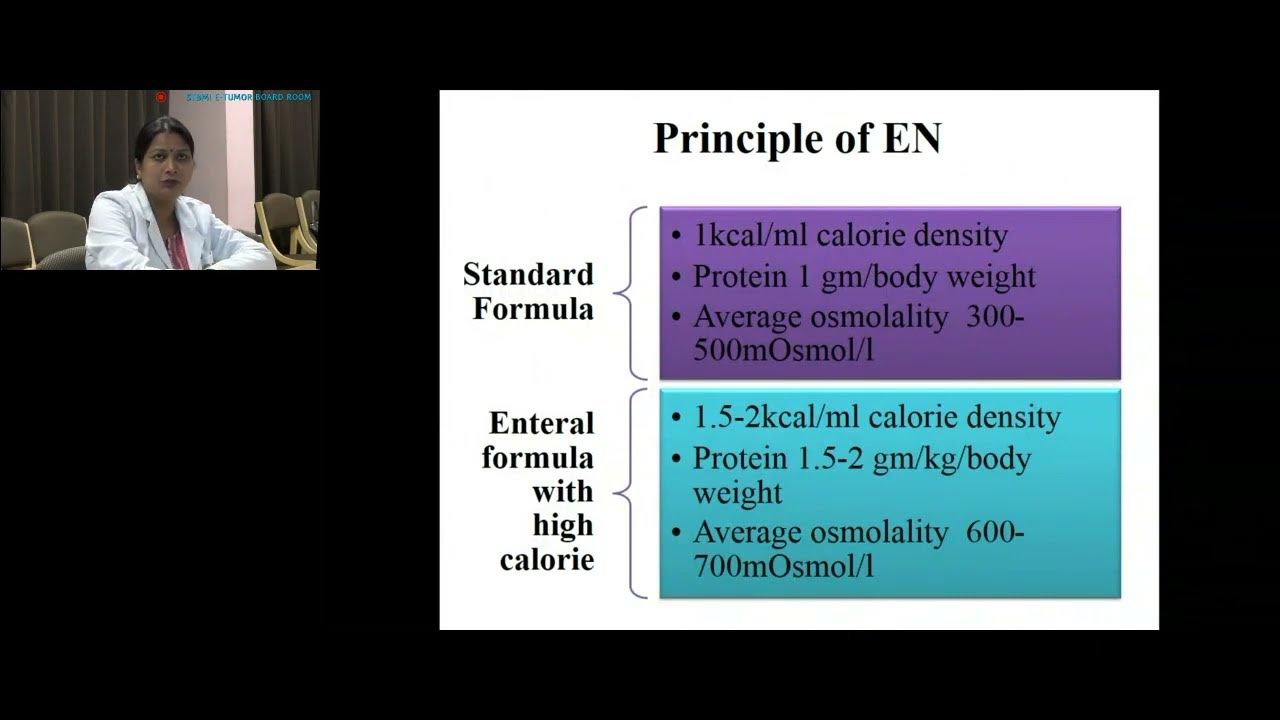Nutritionist Answers Diet Questions From Twitter | Tech Support | WIRED
Summary
TLDRIn this Nutrition Support video, Dr. David Katz addresses various dietary questions from the internet. He emphasizes a plant-based diet for health and longevity, warns against excessive protein intake, and critiques the ketogenic diet's brain-starving effects. Katz debunks myths about carbohydrates and metabolism, advocates for organic food due to its nutrient density, and advises against unnecessary gluten-free diets. He also discusses the importance of pre- and post-workout nutrition, the limitations of BMI, and the transition from the food pyramid to the plate model for balanced eating.
Takeaways
- 🌿 'Eat food, not too much, mostly plants.' This is the common theme from the Blue Zones, where people tend to live longer and healthier lives.
- 🥩 'You can have too much protein. Excess protein can lead to acidosis and is stored as fat since the body cannot store it like carbohydrates or fat.'
- 🧠 'The ketogenic diet originated from attempts to treat intractable epilepsy by starving the brain of carbohydrates, which is not recommended for healthy individuals.'
- 🍚 'The belief that all carbohydrates are bad is a myth. Wholesome plant-based carbs are beneficial, unlike refined grains and added sugars.'
- 💪 'You can change your metabolism by adding muscle through resistance training, which increases calorie burn even at rest.'
- 🔄 'Not all calories are equal. Wholesome, unprocessed foods tend to be more filling and nutritious compared to ultra-processed foods.'
- 📏 'Waist circumference is a more reliable indicator of health risks than BMI, with different thresholds for men and women.'
- 🥗 'A true paleo diet is challenging to follow in modern times and would exclude processed foods, dairy, and most meats, focusing on game and high-fiber foods.'
- 🥤 'Cutting out soda, which is high in empty calories and sugar, is a simple dietary improvement that can be easily replaced with healthier options.'
- 🌾 'Gluten-free diets are unnecessary for most people unless they have celiac disease or non-celiac gluten sensitivity.'
- 🥦 'A plant-based or vegan diet can provide all the necessary nutrients, including protein and micronutrients, with careful selection of foods.'
Q & A
What is Dr. David Katz's opinion on the best diet for health and longevity?
-Dr. Katz suggests that the best diet is not one specific diet but a theme: 'eat food, not too much, mostly plants.' This advice is supported by the dietary habits observed in the blue zones, where people tend to live longer and healthier lives.
Can you consume too much protein according to Dr. Katz?
-Yes, Dr. Katz states that most Americans consume about twice the recommended amount of protein, which can be harmful as the body cannot store excess protein and converts it into fat.
What is the origin of the ketogenic diet as explained by Dr. Katz?
-The ketogenic diet originated from the observation that restricting carbohydrates could help treat intractable epilepsy by starving the brain of its usual fuel, thereby reducing seizures.
What are some of the biggest nutrition, exercise, and health myths Dr. Katz mentions?
-Dr. Katz mentions that one of the biggest myths is the belief that carbohydrates are bad. He clarifies that all plant foods are carbohydrates, but not all carbohydrates are created equal; it's the refined grains, added sugars, and ultra-processed junk foods that are problematic.
How can one change their metabolism according to Dr. Katz?
-Dr. Katz suggests that one can change their metabolism by adding muscle to their body through resistance training. This increases the number of calories burned 24/7, which can lead to weight loss if one's diet remains the same.
Does Dr. Katz believe that all calories are created equal?
-No, Dr. Katz explains that not all calories are equal. Foods direct from nature tend to fill you up on fewer calories compared to ultra-processed foods, which are often designed to stimulate appetite and lead to overeating.
What does Dr. Katz suggest as a more reliable measure of health than BMI?
-Dr. Katz recommends waist circumference as a more reliable measure of health than BMI. He suggests that a waist measurement over 35 inches for women and 40 inches for men can indicate increased health risks.
Is the paleo diet practical in the modern world according to Dr. Katz?
-Dr. Katz points out that a true paleo diet is difficult to achieve in the modern world as it involves avoiding all processed foods, dairy, and consuming only wild game meats, which are quite different from the meats commonly available today.
What is Dr. Katz's view on the legitimacy of intermittent fasting?
-Dr. Katz acknowledges that intermittent fasting can be a valid tactic for some people, but he also notes that studies have shown no discernible difference in outcomes when compared to calorie restriction with no time restrictions.
How does Dr. Katz feel about the ketogenic diet for long-term health?
-Dr. Katz does not recommend the ketogenic diet for long-term health as it restricts many nutritious foods and can lead to negative side effects such as exhaustion, brain fog, and constipation.
What is Dr. Katz's advice for someone who is plant-based or vegan and concerned about getting proper nutrition?
-Dr. Katz, who identifies as primarily vegan, advises that plant-based diets can provide adequate nutrition, including protein and minerals. He mentions that B12 supplementation might be necessary, and uses examples like horses, gorillas, and oxen to illustrate that plant-based diets can support substantial muscle development.
Outlines

此内容仅限付费用户访问。 请升级后访问。
立即升级Mindmap

此内容仅限付费用户访问。 请升级后访问。
立即升级Keywords

此内容仅限付费用户访问。 请升级后访问。
立即升级Highlights

此内容仅限付费用户访问。 请升级后访问。
立即升级Transcripts

此内容仅限付费用户访问。 请升级后访问。
立即升级浏览更多相关视频

CARA MENGATASI GAGAL TUMBUH PADA ANAK YANG BERUJUNG STUNTING #PodcastKesehatan

Nutrition in ICU by Shilpi Pandey, SGPGIMS, Lucknow

DON'T Reduce Soreness (for best muscle growth)

The No.1 Menopause Doctor: They’re Lying To You About Menopause! Mary Claire Haver

TOP Ten *THC* WITHDRAWAL SYMPTOMS (2021 Update)

Manfaat buah pisang untuk kesehatan tubuh kita
5.0 / 5 (0 votes)
